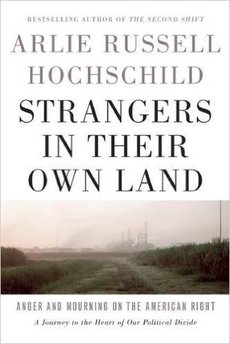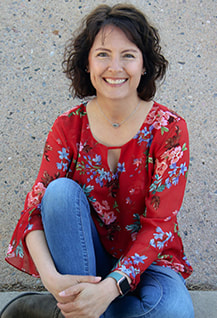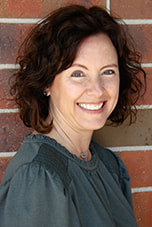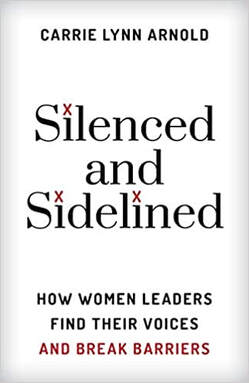 Customer-Centric, Employee-Centric, Stakeholder-Centric, Manager-Centric, Rule-Centric, Child-Centric, Parent-Centric, Egocentric, etc. Centric behavior suggests that something or someone is at the center of all your thinking, conversations, and behaviors. We have seen so many recent examples of centric behavior that fly in the face of all common sense. United Airlines and various police departments continue to keep our social media conversations active regarding what appears to be overplayed rule-centric behavior. Just because it is legal or part of policy and procedure, hardly suggests it is the right reaction. In general, I believe that every organization employs intelligent leaders and employees who at large, want to do the right thing. They want to be of service, follow the rules, and get their work done without causing problems. Unfortunately, some people have become unconscious to their centric behavior and tendencies. My argument is not that centric behavior is bad, it is just overemphasized when it guides all reactions. In another life, when I worked as an HR director, I constantly battled my own centric behavior. If I sided with employees too much when they complained about their manager or the organization, I could be accused of being employee-centric and risk management’s trust. If I ruled for the managers too much, employees would not trust HR and think I was manager-centric. It is a tough balancing act that requires a conscious effort to see everyone and everything as unique while managing the policies and procedures that necessitate some type of consistency. Now that I work as an executive coach, I see first-hand how leaders struggle, as I did, trying to mitigate their centricity. Some leaders have such a strength of empathy they have become employee-centric in their interactions and often unknowingly put their company at risk by not representing decisions as a leader or representative of their organization. Sometimes leaders are so conscious of the marginalized voices in their midst; they misrepresent the intentions of other leaders who have a different centric lean. Then there are leaders who feel discomfort with taking a case-by-case perspective and rely heavily on what they can see, hear, and understand from a literal perspective. They rely on history and conformity and may be reluctant to consider new information that emerges, which requires a deeper level of sense-making and adaptability. 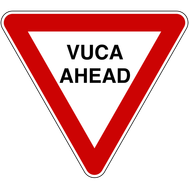 It requires a level of discernment to not become too centric. Effective leaders, who are committed to their own development, can hold multiple perspectives and see the relevance in each viewpoint without being paralyzed by the tension. Our world barely operates in simple terms anymore. We are lucky when things are just complicated as most of leadership swim in the dark waters of volatility, uncertainty, complexity and ambiguity (VUCA). Our VUCA world requires us not to be subject to our centric thinking and behaving but to become instead conscious of it so we can make effective decisions. Leaders need to be willing to talk amongst themselves about their centricities and work with their executive coaches to ensure they are not overly reliant on a certain type of belief system. In what ways might you be overly centric? A well-written book can broaden thinking, teach new insight, and challenge current perspective. Arlie Russell Hochschild’s most recent labor of love not only feeds the soul with her book “Strangers in Their Own Land,” she will break your heart with her ability to describe the divide in America. Leaders in this country are facing a new moral imperative that cannot be managed without a discerning ability and willingness to listen to perspectives that are different from their own. Behind every political argument, demonstration, or statistic, is a human being trying to make sense of this life. Sense making is very personal. Hochschild moves out of the comfort zone of like-minded thinkers in Berkeley, California to the Southern tip of Louisiana. She explores the divide between the environment and development, the right and the left, capitalism and democracy, all in an attempt to truly listen, engage in sense-making, and build empathy for those who live and breathe beyond the divide. It is by far one of the most intriguing books that have hit my post-doc night stand. I have gained three valuable insights from this must-read that I encourage every leader to explore.
As leaders and professionals, we need to find time to peruse material that does not sharpen what we already know, but material that unsettles and challenges us to go deeper into what we believe and why. “Strangers in Their Own Land: Anger and Mourning on the American Right, a Journey to the Heart of our Political Divide,” is the perfect dose of heart-breaking and soul-feeding insight deserving of every leader’s night stand. For those who have read it – I would welcome your viewpoints! Who thinks different than you and what would it take to sit in gentle curiosity of them? |
Carrie Arnold, PhD, MCC, BCCIn no particular order: Author | Dog mom | Speaker | Reader | Mom to human offspring | Wife | Lover of Learning | Leadership coach & consultant, The Willow Group | Faculty for Evidence-Based Coaching at Fielding Graduate University
�
Categories
All
|
The Willow GroupCarrie Arnold, PhD, MCC
|
Silenced and Sidelined: How Women Leaders Find Their Voices and Break Barriers
|
|
© 2020 The Willow Group, LLC


